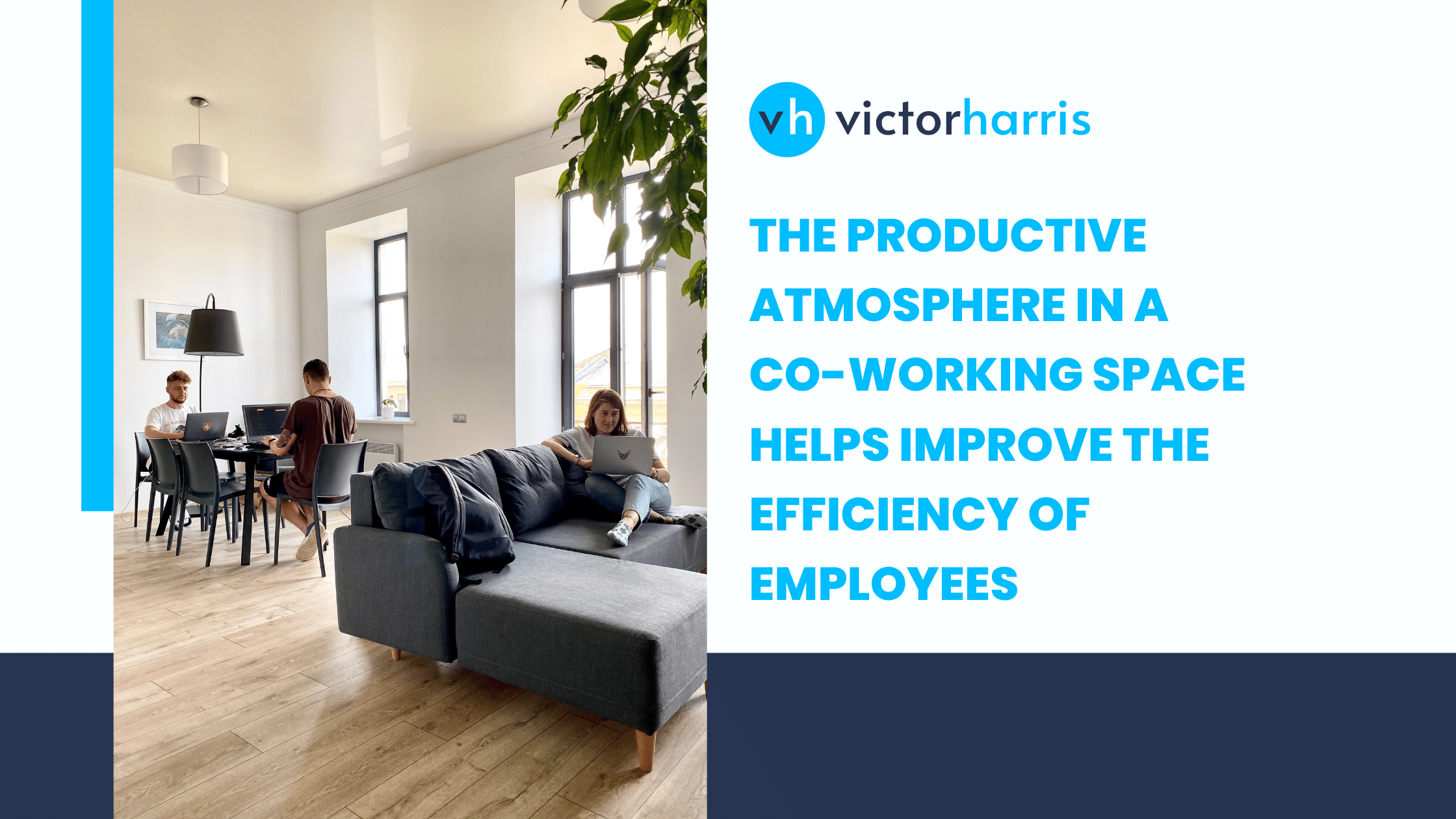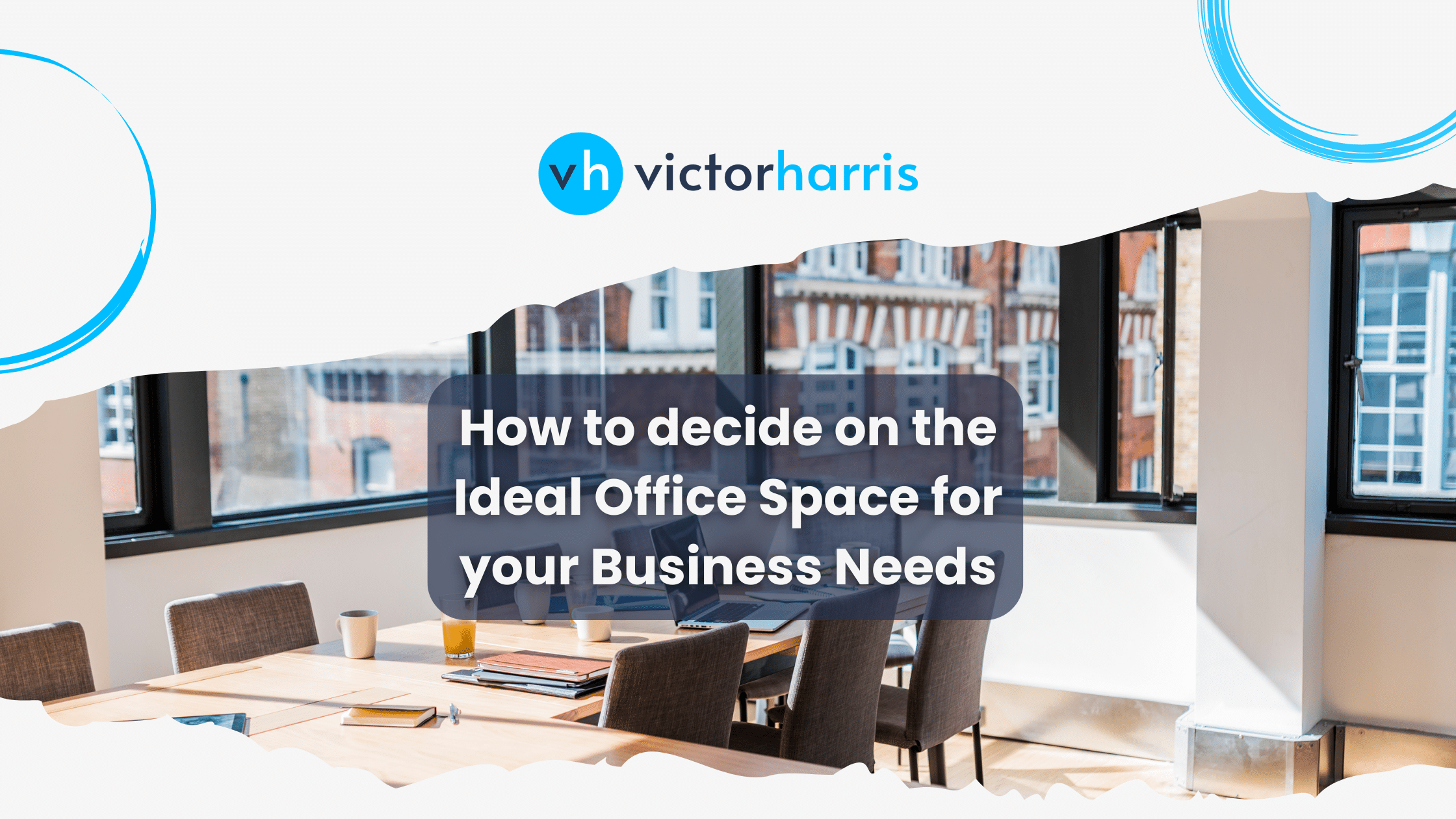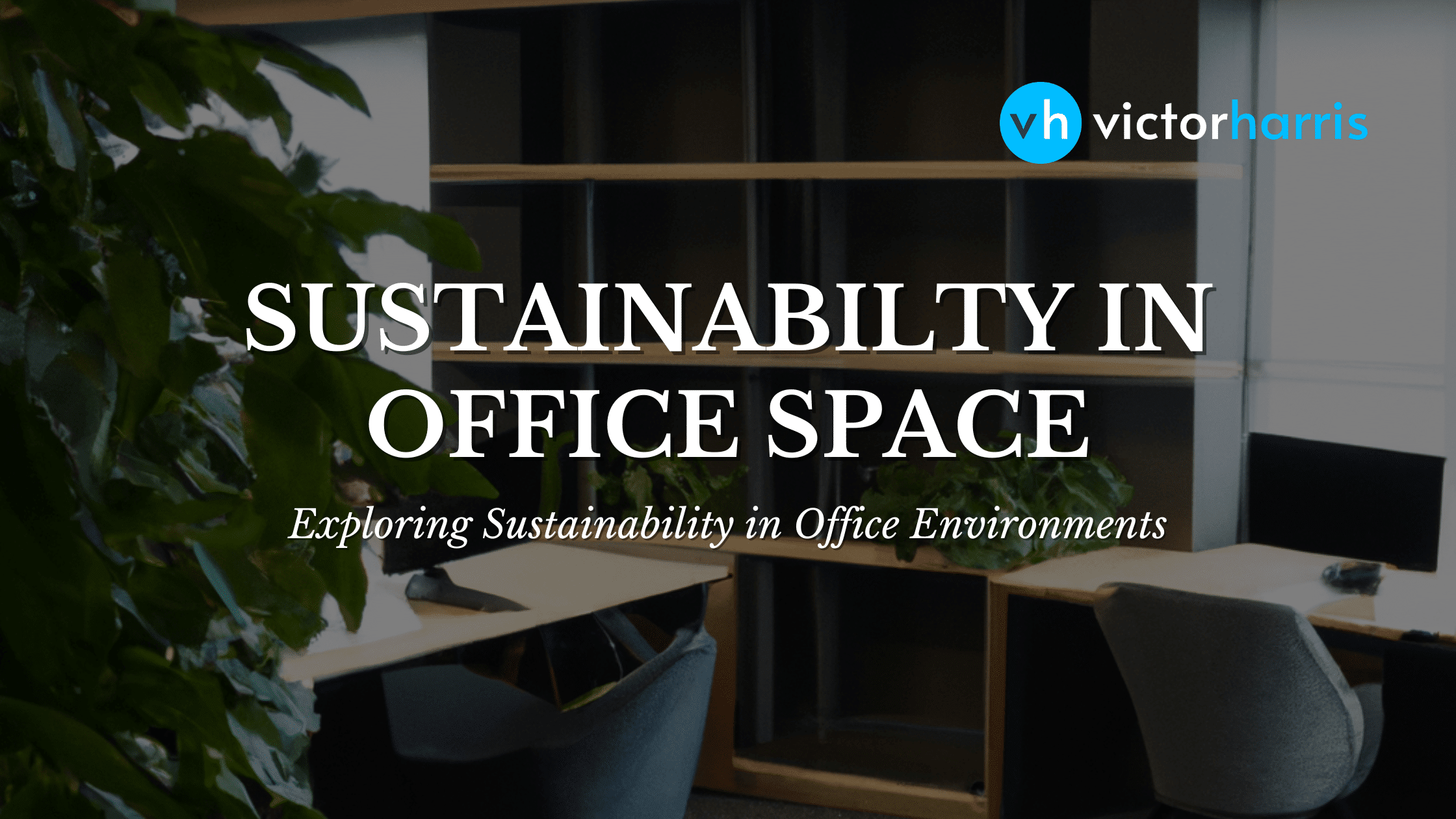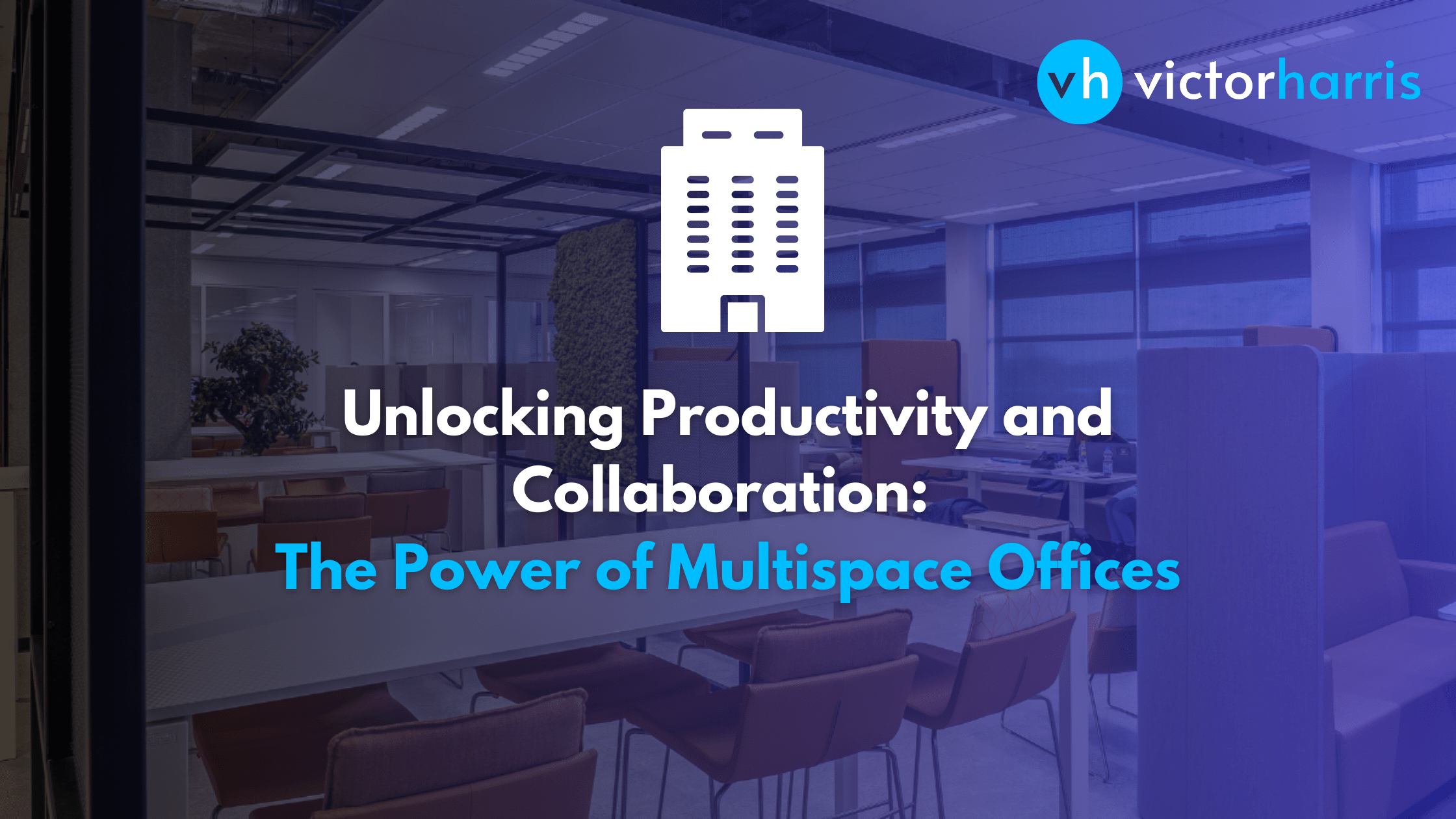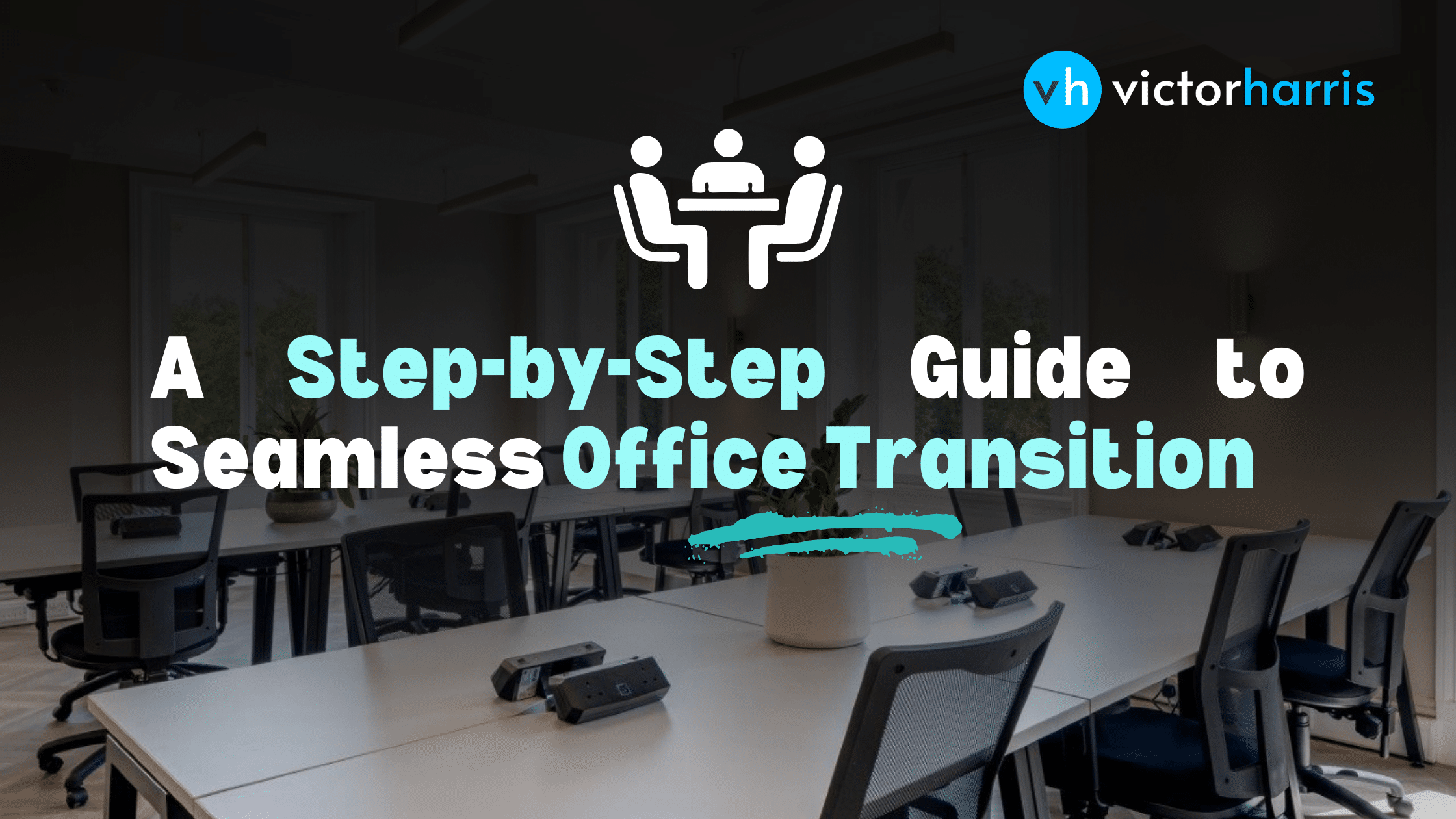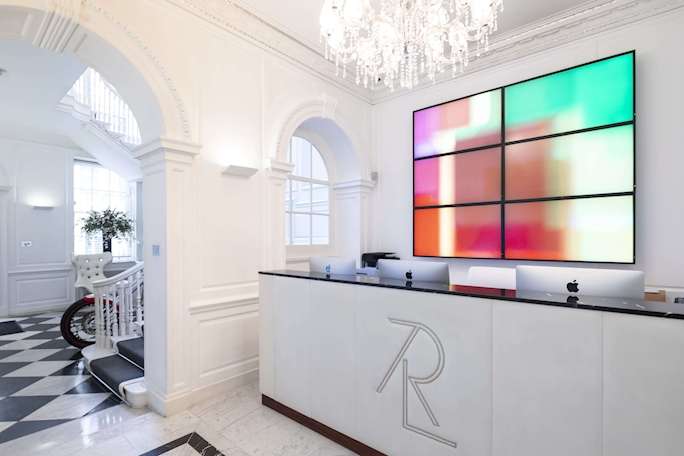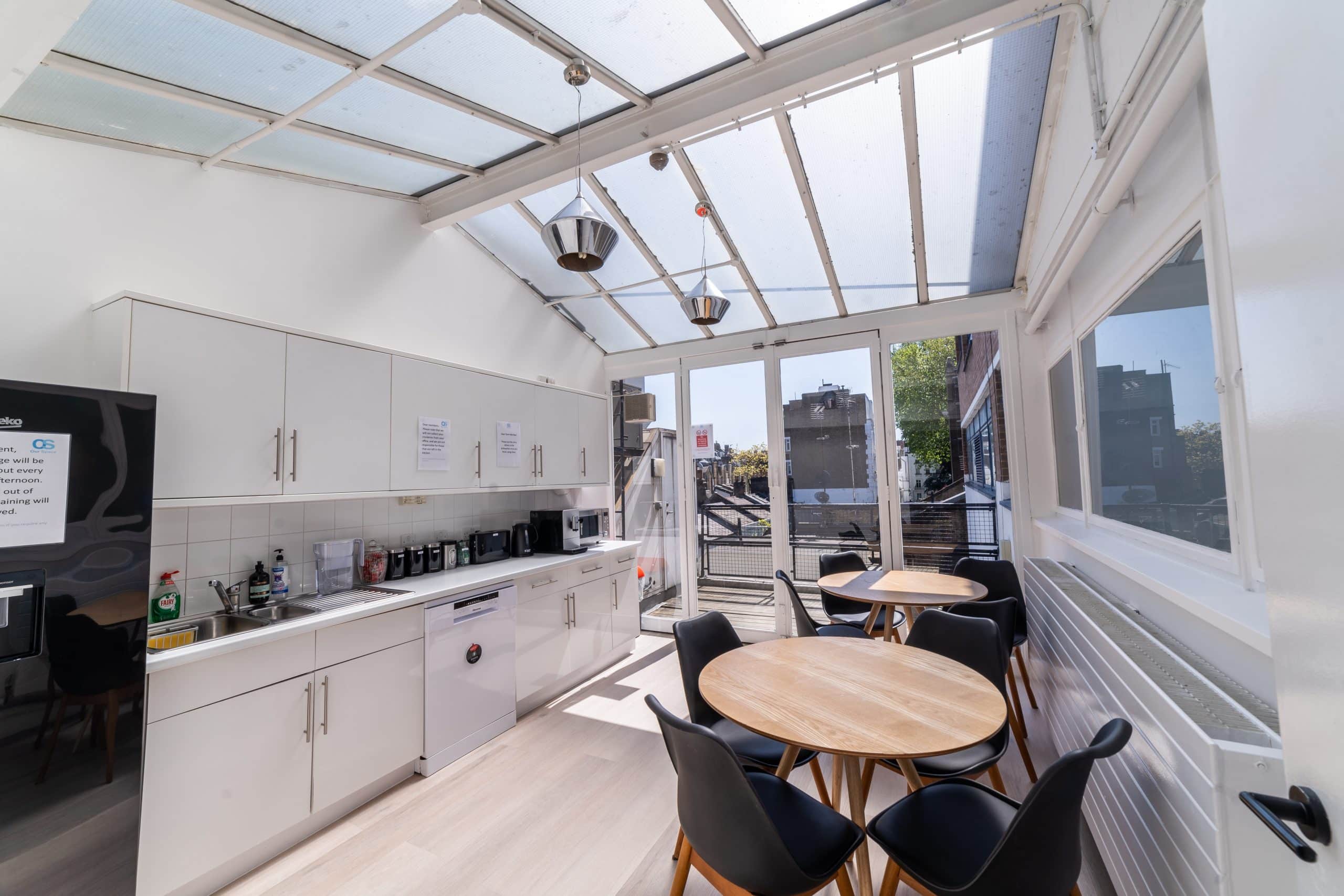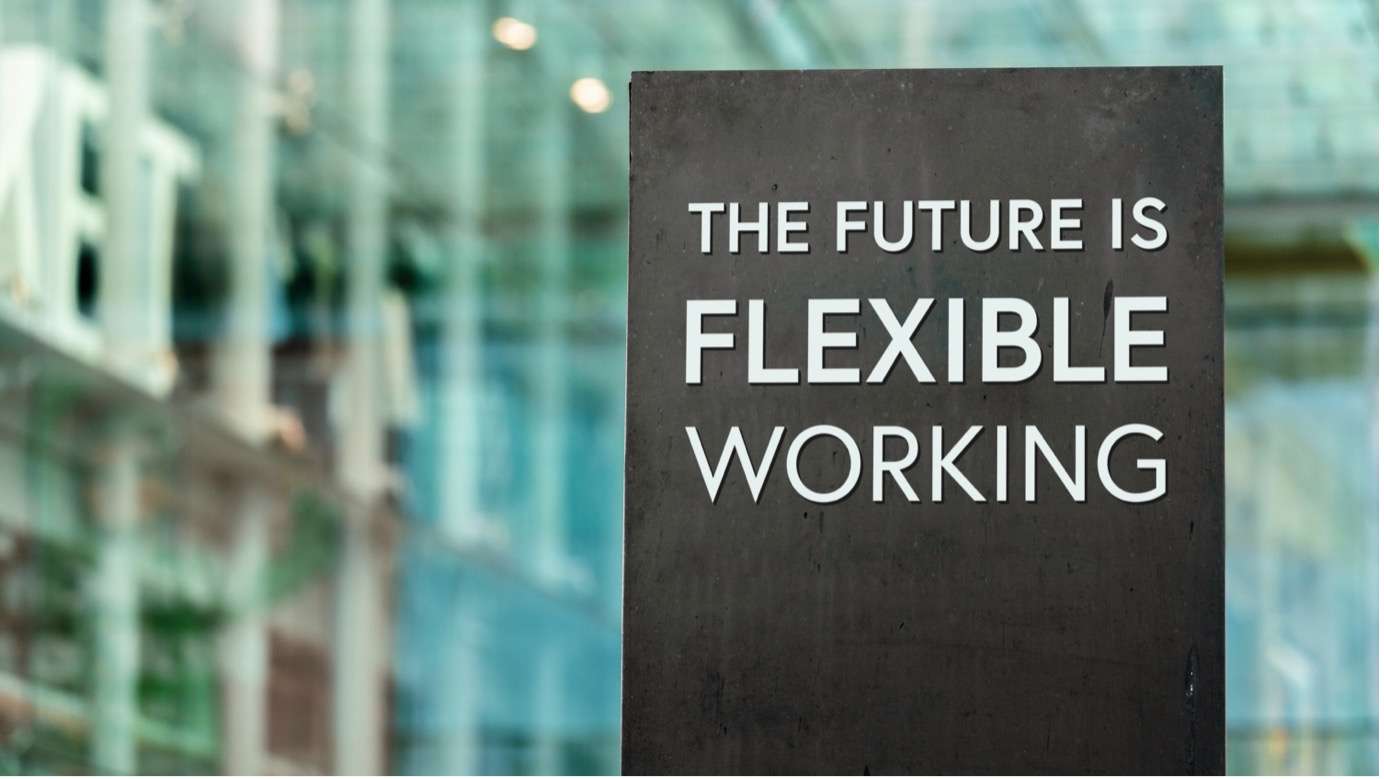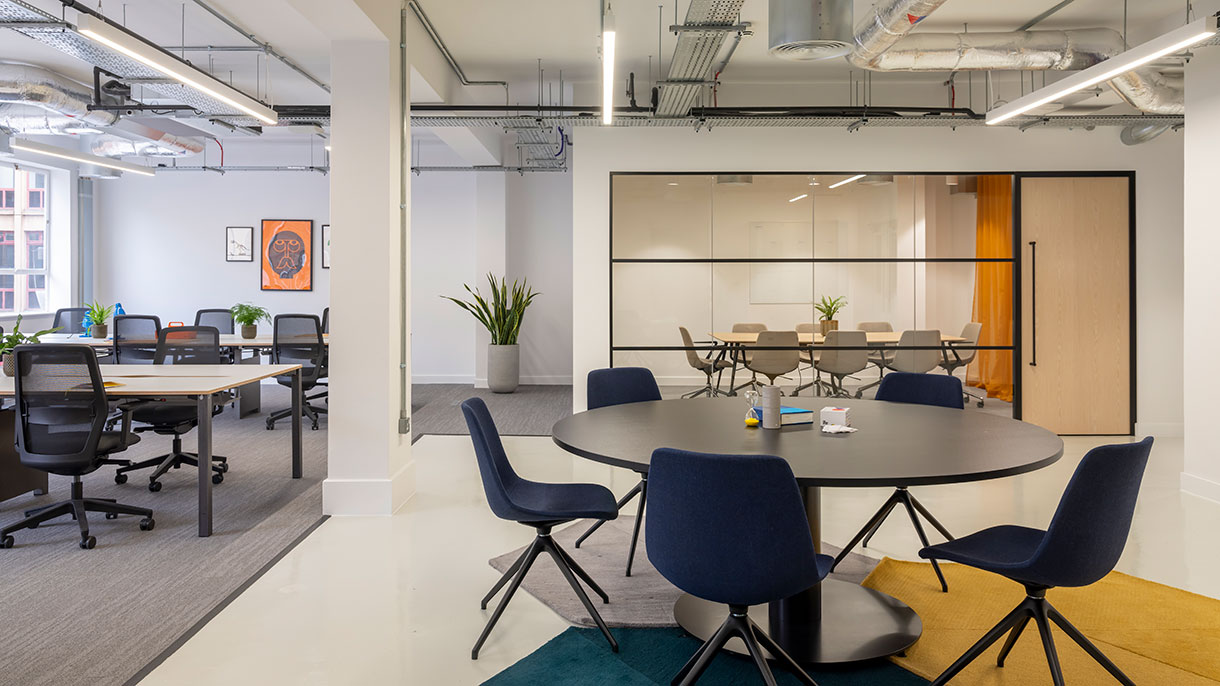Sustainable and Green Practices
As more people become aware of environmental concerns, co-working spaces are adapting sustainable and green practices. These places are becoming more sustainable and environmentally friendly as they embrace energy efficient buildings or waste reduction initiatives that are cherished by such conscious professionals. By incorporating sustainability into co-working, it not only attracts environmentally conscious companies but also has positive social implications.
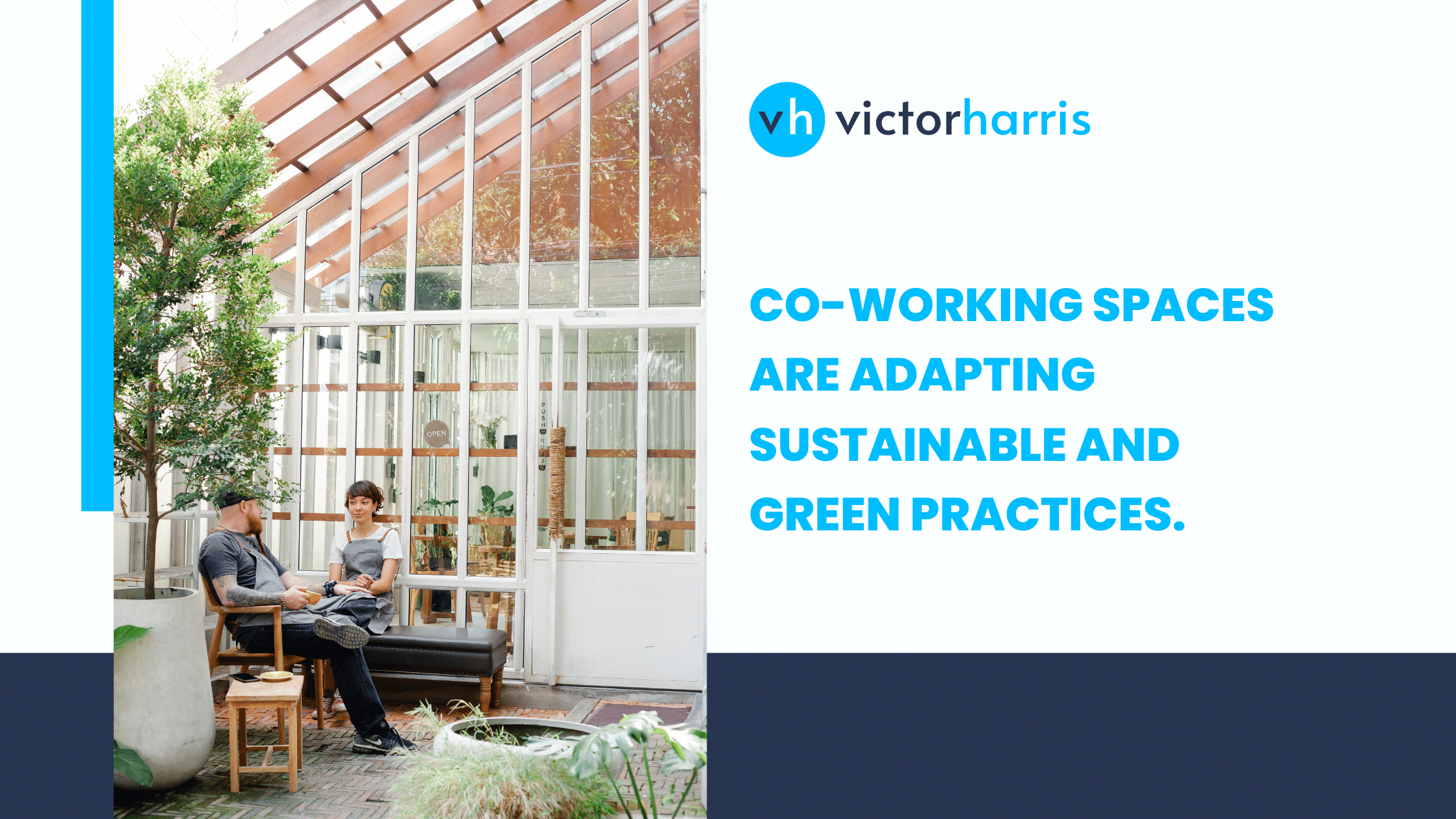
To sum up, the rise of co-working spaces is an innovative change in how we work. Flexible working hours, networking opportunities, higher efficiency levels and access to world-class amenities make these workplaces popular among all types of businesses. Even so, because the nature of flexible working conditions is always changing within this system, they have had to keep up with them since then.
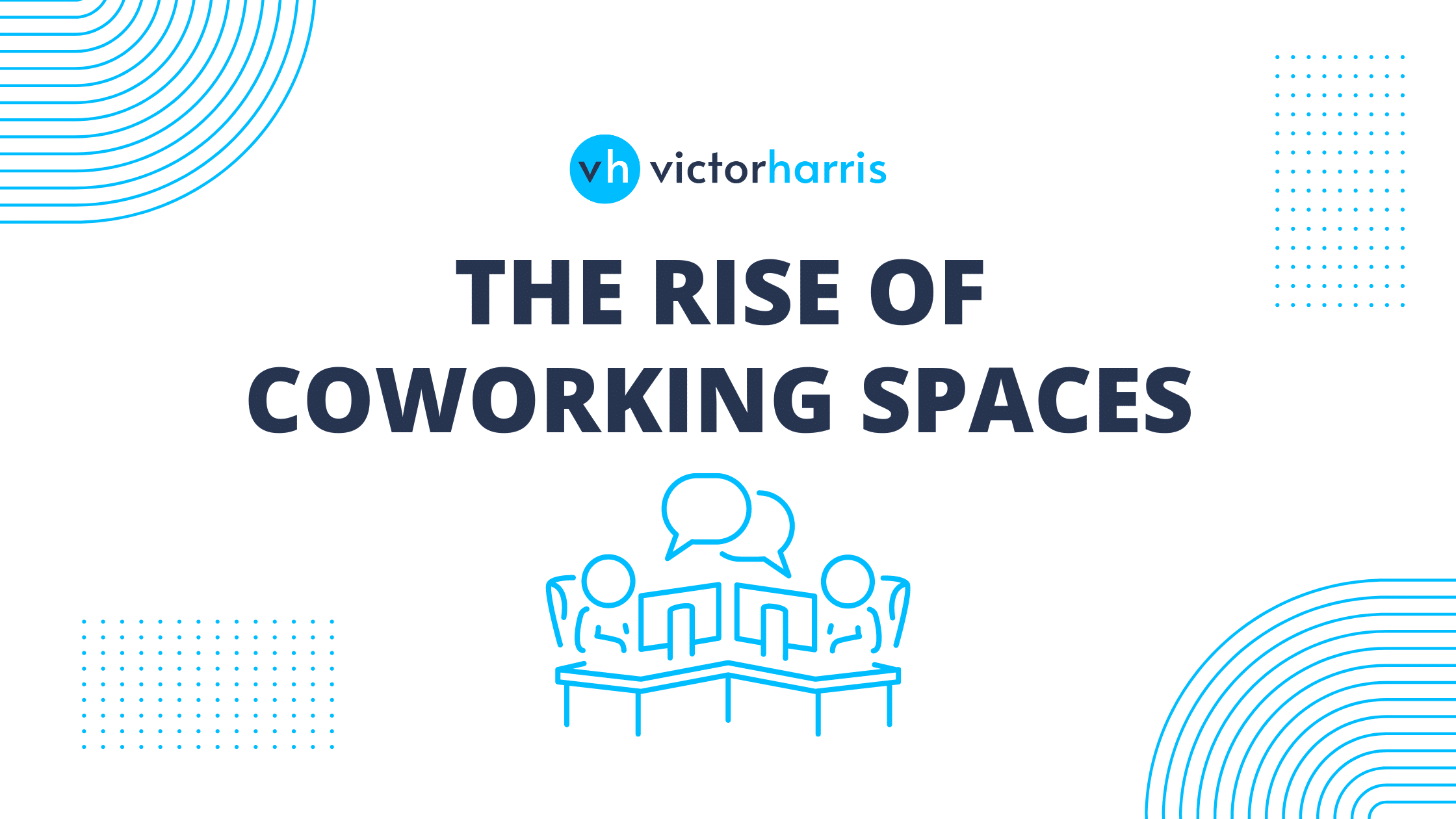

 Back to News
Back to News

